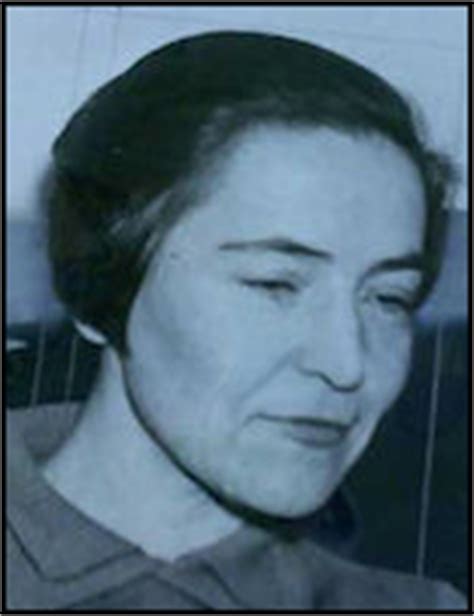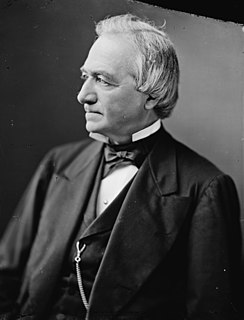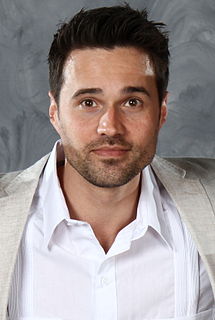A Quote by Suzanne La Follette
Where is the society which does not struggle along under a dead-weight of tradition and law inherited from its grandfather?
Related Quotes
As Americans, we can take enormous pride in the fact that courage has been inspired by our own struggle for freedom, by the tradition of democratic law secured by our forefathers and enshrined in our Constitution. It is a tradition that says all men are created equal under the law and that no one is above it.
European society has always been divided into classes in a way that American society never has been. A European writer considers himself to be part of an old and honorable tradition--of intellectual activity, of letters--and his choice of a vocation does not cause him any uneasy wonder as to whether or not it will cost him all his friends. But this tradition does not exist in America.
No society can exist if respect for the law does not to some extent prevail; but the surest way to have the laws respected is to make them respectable. When law and morality are in contradiction, the citizen finds himself in the cruel dilemma of either losing his moral sense or of losing respect for the law, two evils of which one is as great as the other, and between which it is difficult to choose.
And finally remember that nothing harms him who is really a citizen, which does not harm the state; nor yet does anything harm the state which does not harm law [order]; and of these things which are called misfortunes not one harms law. What then does not harm law does not harm either state or citizen.
So as a nation, we have a right to be very proud of the successes that we have seen because of the struggle of millions of people to create a less discriminatory society. That is something we should be proud of, but there is one struggle in which not only have we not succeeded but in which we are losing ground and that is the fundamental struggle for economic justice.
A large part of our attitude toward things is conditioned by opinions and emotions which we unconsciously absorb as children from our environment. In other words, it is tradition—besides inherited aptitudes and qualities—which makes us what we are. We but rarely reflect how relatively small as compared with the powerful influence of tradition is the influence of our conscious thought upon our conduct and convictions.
The Bible is interpreted by the Talmud. Except, in Rabbinic tradition, a Talmudic law has the weight of the Biblical law. Sometimes we say in a prayer, "Blessed are Thou, O God, who has ordered us and commended us," to do something. But you don't find that "something" in the Bible; you find it in the Talmud. So Talmudic law becomes as important as Biblical law.
We [Americans] inherited British law, which is like the new "reforms" that are being made now, in the sense that people are permanently entrapped in debt, if they once fall into bankruptcy. The reason that the law was changed in American history - the whole early period of the formation of the country was moving away from British law into a law that is generated here and that conforms to the sense of what is appropriate here.

































